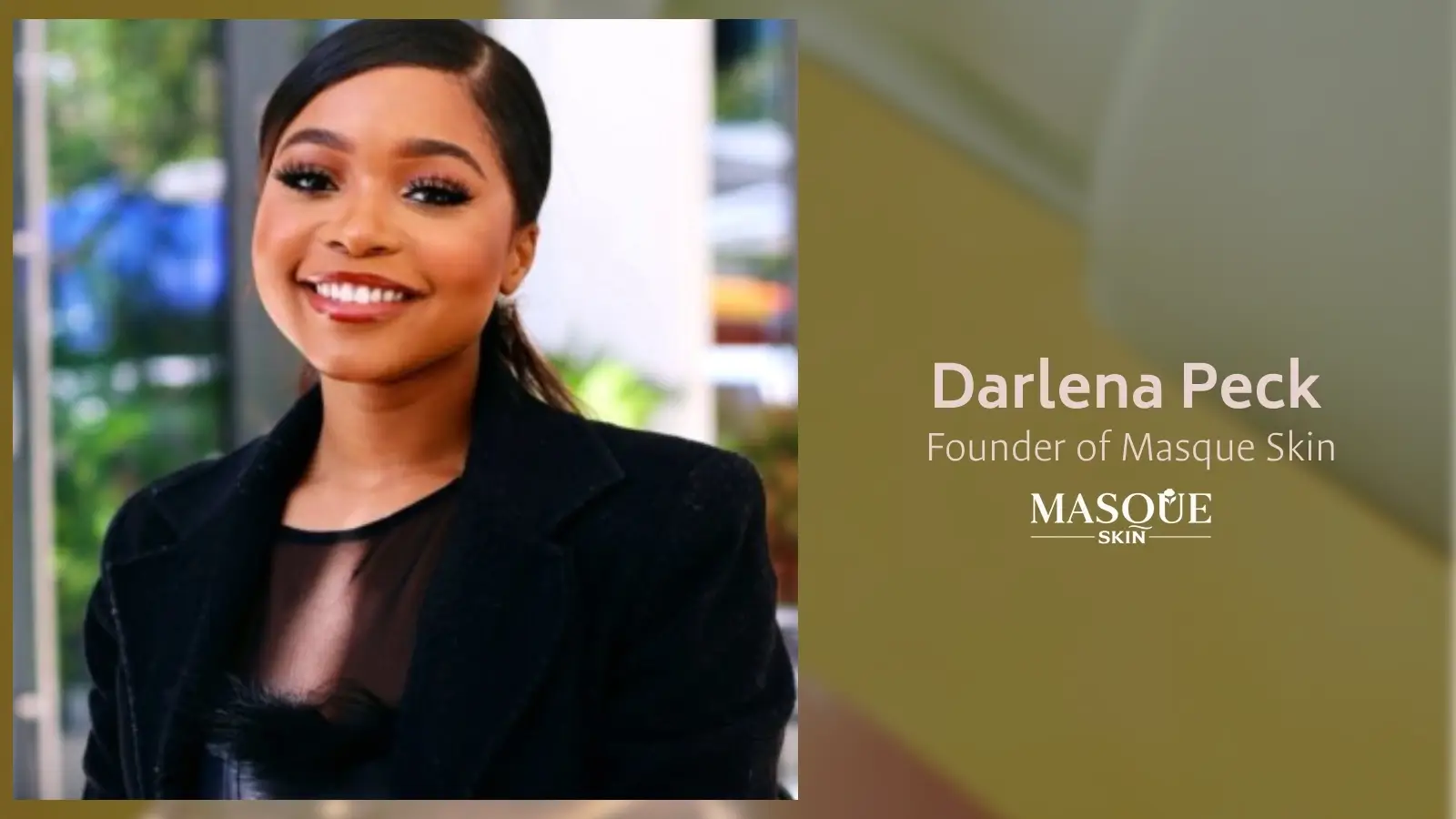Expanding your sales team is a big deal—congrats! But it raises the golden question: what sales skills really matter? If you're eyeing B2B sales pros to join your B2C operations, it’s time to decode the overlaps, differences, and how to make them shine in their new sales playground.
B2B vs. B2C: The Sales Showdown
Both B2B (business-to-business) and B2C (business-to-consumer) sales share one goal: getting people to buy stuff. But the way they do it? Totally different. B2B sales often involve long deal cycles, multiple decision-makers, and logic-driven pitches. Meanwhile, B2C is all about short cycles, emotional decisions, and impulse buys. Think chess vs. speed dating.
So, can a B2B salesperson rule in a B2C world? Absolutely—but only if they’re ready to shake things up.
Sales Skills That Work Anywhere
Some sales skills are like the little black dress of the profession: timeless and versatile. Great communication? Always in style. Empathy and relationship-building? Total crowd-pleasers. A B2B pro who’s a whiz at solving client pain points can probably charm B2C customers too.
Negotiation? That’s another universal superpower. Sure, the stakes may be different—B2B deals might involve boardrooms and spreadsheets, while B2C is more like, “Buy now, it’s 50% off!”—but the ability to spot value and sell it is gold in any context.
And then there’s tech-savvy. Whether it’s B2B or B2C, knowing your way around CRM systems, email marketing tools, and data analytics is like bringing a bazooka to a nerf gun fight.
Turning B2B Pros into B2C Ninjas
Here’s where it gets fun. B2B hires have the skills, but they’ll need to tweak their approach to thrive in the fast-paced, emotionally charged world of B2C.
For instance, B2B sales are all about logic, ROI, and long-term benefits. B2C? It’s emotions, instant gratification, and appealing to someone’s inner “I need this NOW.” To succeed, a B2B salesperson must learn to craft pitches that hit the heartstrings, not just the spreadsheets.
And speed is the name of the game in B2C. Forget long deal cycles—this is all about quick, high-energy pitches that grab attention in seconds. A B2B pro needs to channel their inner energizer bunny and adapt their style to a high-volume, quick-turnaround environment.
How to Spot the Perfect Candidate
When you hire sales people, don’t just focus on experience—look for adaptability. Can they pivot from boardroom presentations to water cooler banter? Ask questions that test their ability to craft conversational, emotionally engaging pitches. Better yet, see if they can sell you a coffee mug in under two minutes. (Bonus points if you actually want to buy it.)
Also, think about your company culture. Will this B2B hire vibe with your B2C team’s fast-paced, consumer-focused style? Support their transition with training and mentorship to help them nail the nuances of B2C sales.
The Best of Both Worlds
B2B sales skills bring serious firepower to B2C companies—think relationship mojo, strategic thinking, and ninja-level negotiation. But the magic lies in how well they adapt to the consumer-driven world.
When hiring, prioritize flexibility, emotional intelligence, and a growth mindset. With the right coaching, a B2B rock star can crush it in B2C, bringing fresh ideas and perspectives to your sales strategy. And who knows? They might even teach your team a thing or two about playing the long game while mastering the quick win.

















